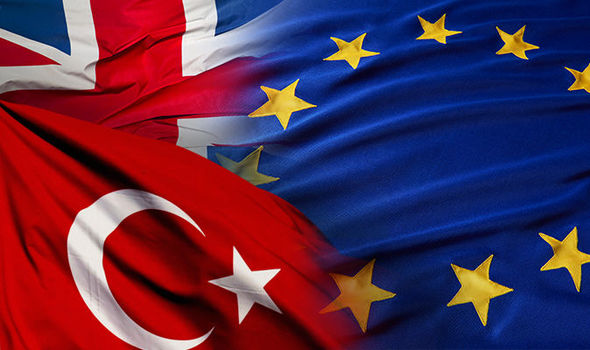EU imports of finished steel products during the first 11 months of 2020 dropped some -17% year-on-year, while exports of the same products were down -13% y-o-y.
European steelmakers’ association Eurofer says it remains concerned nonetheless as the bloc continued to have a total steel trade deficit of over 850,000 t/month in the period.
Imports of long products fell by some -20% during the 11 months, while flats imports decreased by some -16%.
“As far as the trade deficit with individual trade partners is concerned, the largest trade deficit in finished products was with Russia with 432,000t, followed by South Korea with a deficit of 212,000t. The trade position with Turkey has relatively improved in recent quarters as the trade deficit decreased from 428,000t in the fourth quarter of 2018 to 11,000t in the third quarter of 2020,” Eurofer notes.
Despite the relative improvement in trade balance, Eurofer remains concerned over future developments, especially as market demand is expected to improve. “It is worth noting that once normal business conditions are restored after the end of the Covid-19 pandemic and steel demand picks up again, the combination of still-volatile monthly steel imports and the increased capacity of major exporting third countries will continue to pose a serious risk for EU steel producers,” the association says.
Kallanish understands that a review into possibly extending EU safeguard measures beyond June 2021 is set to be initiated soon, though the outcome of it remains very much uncertain.






